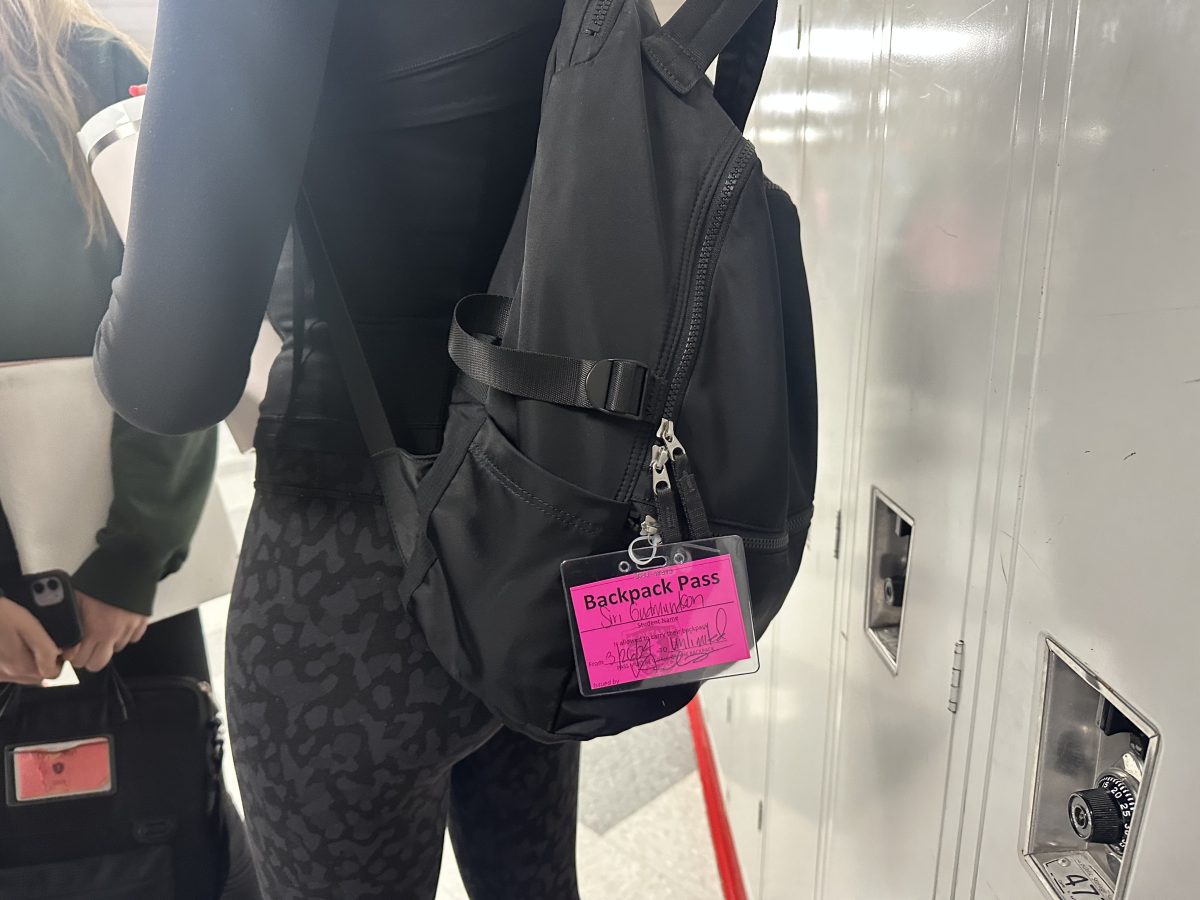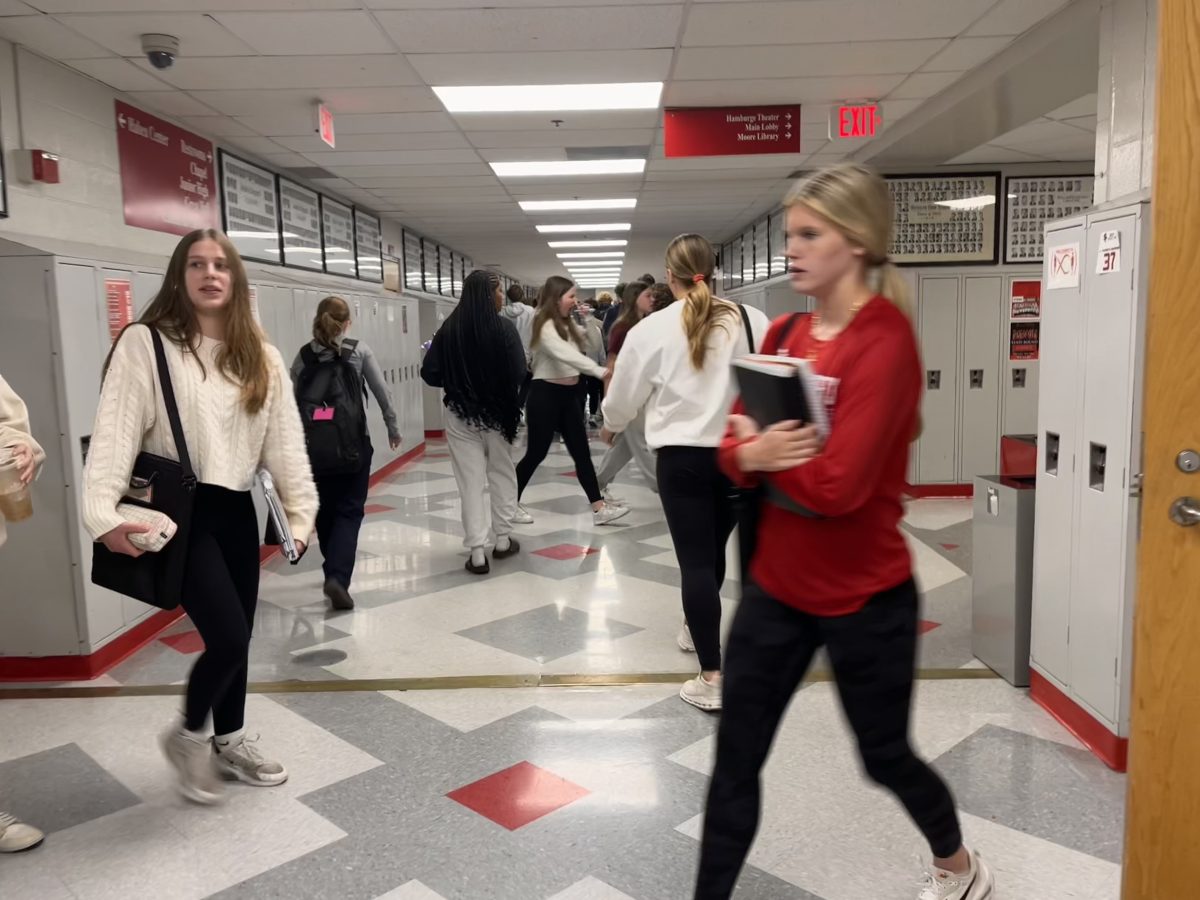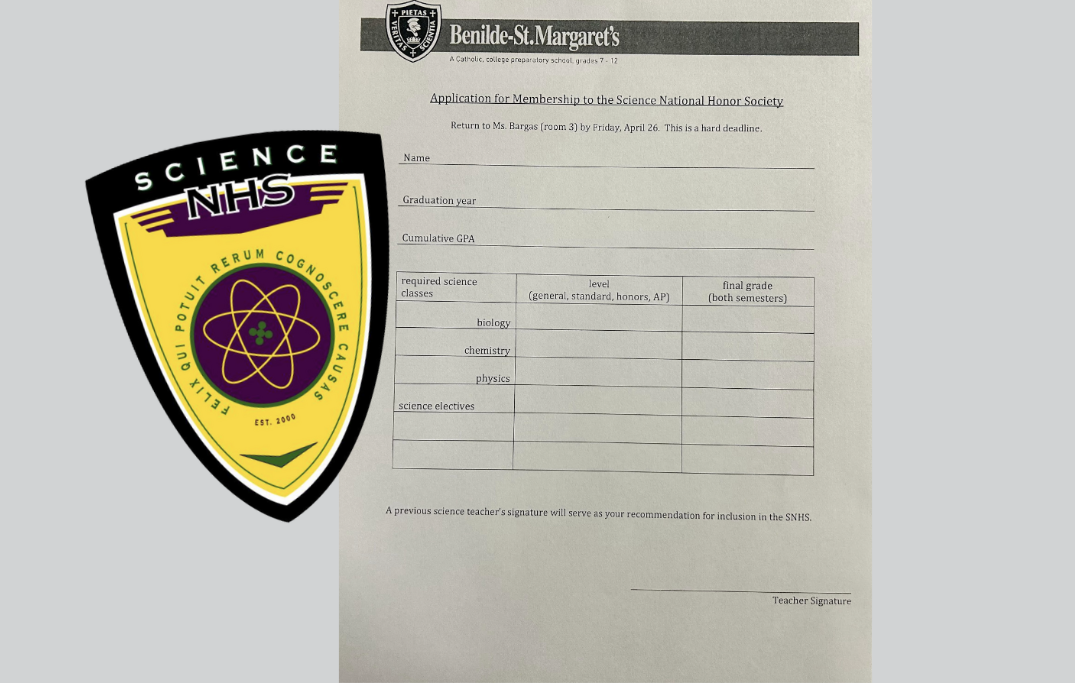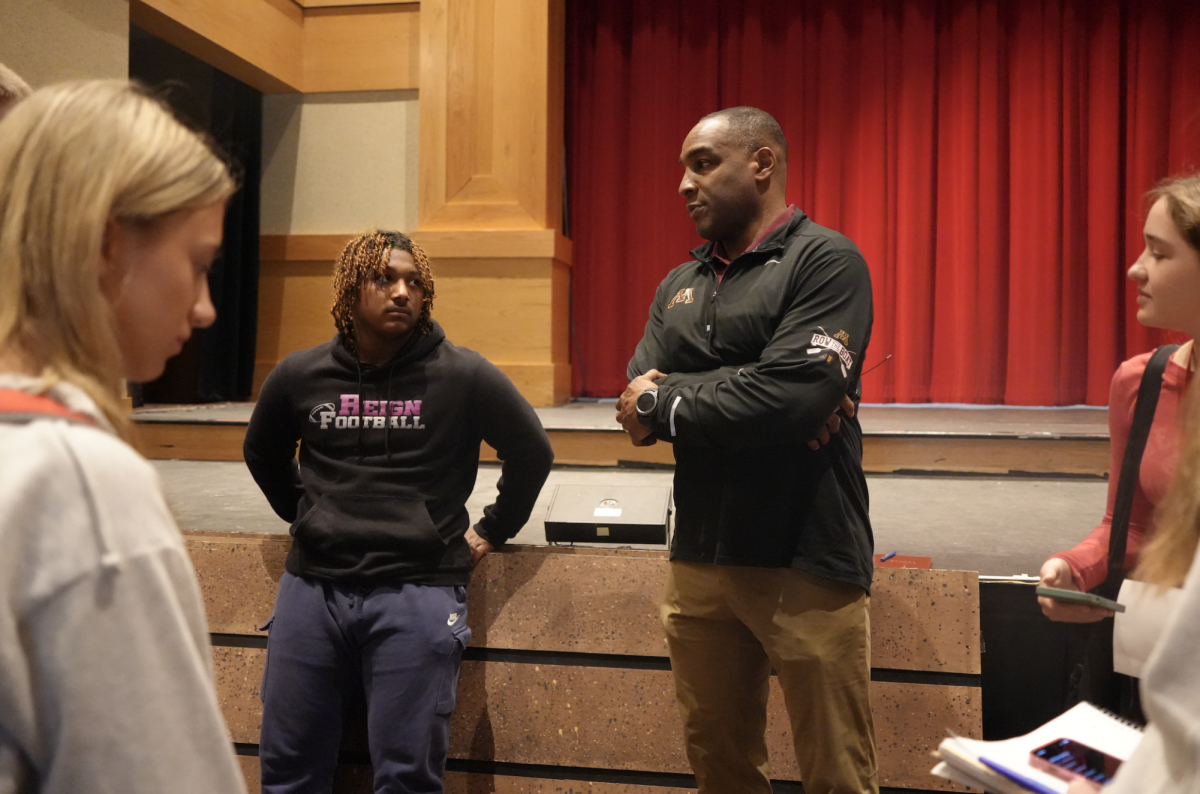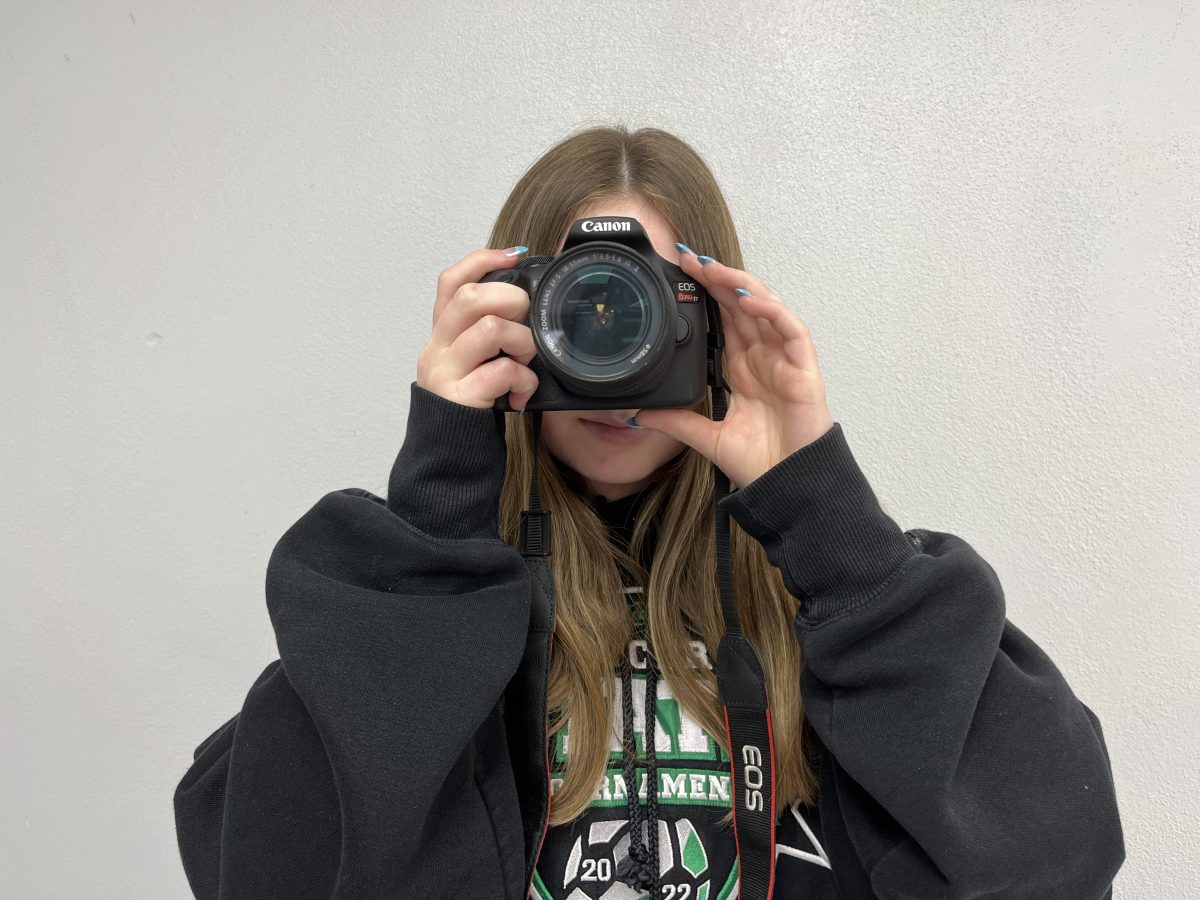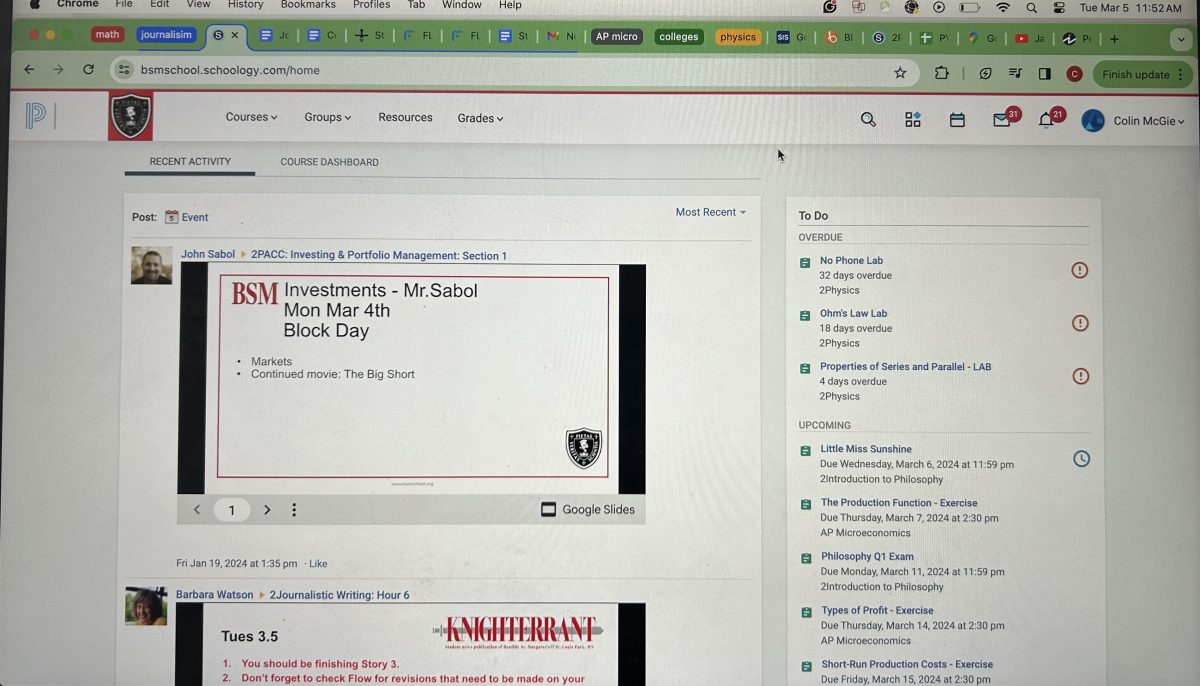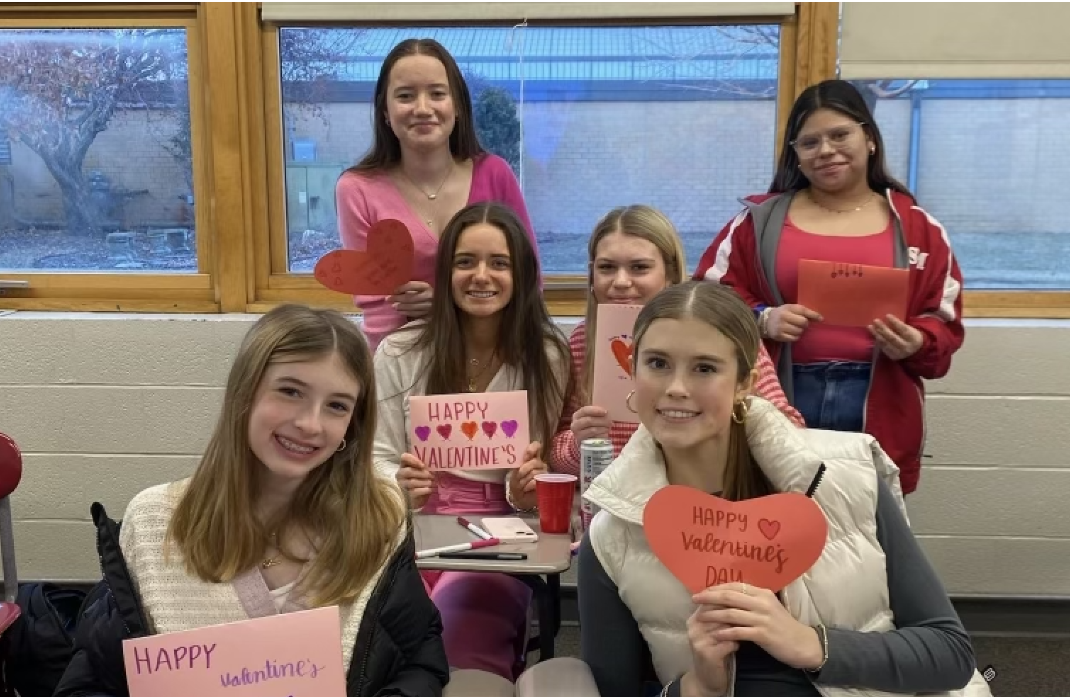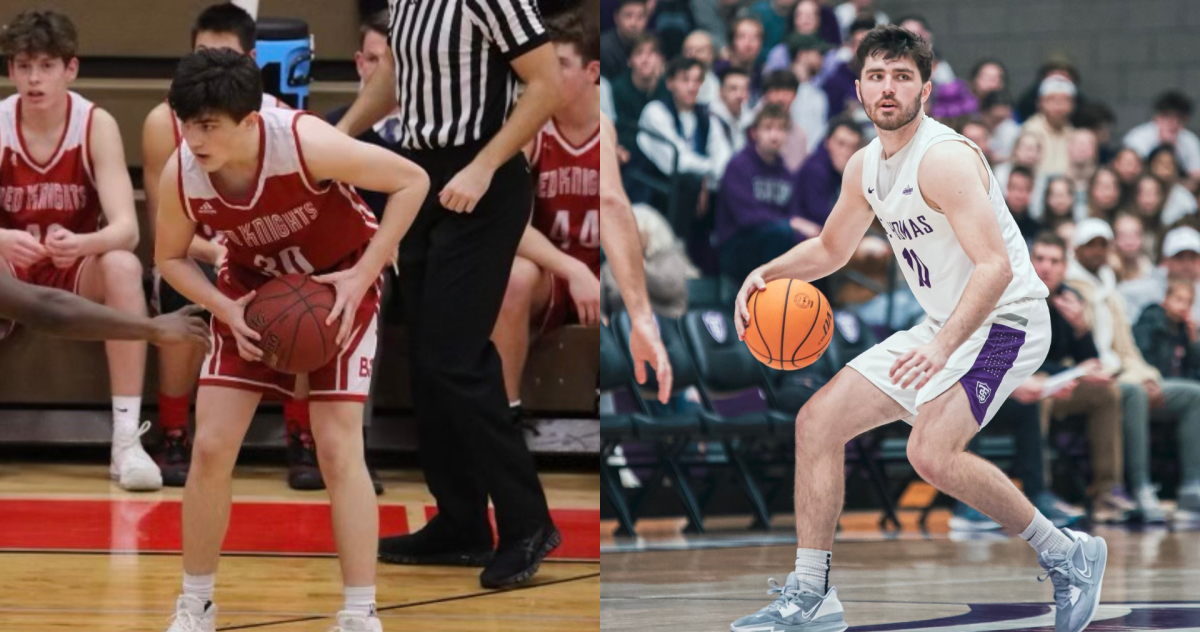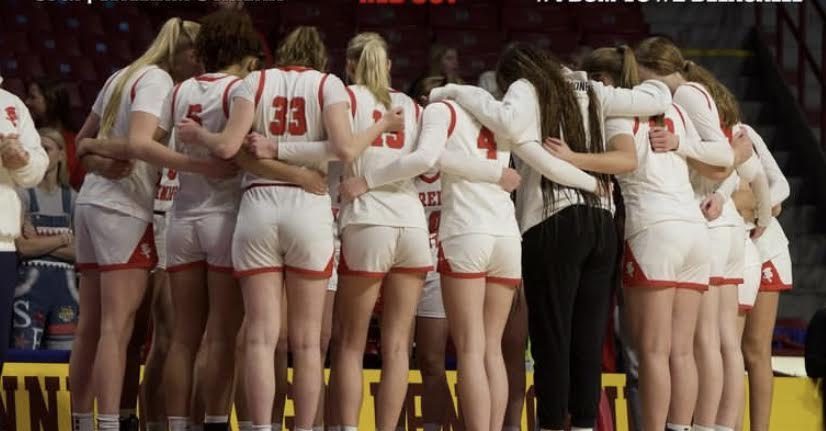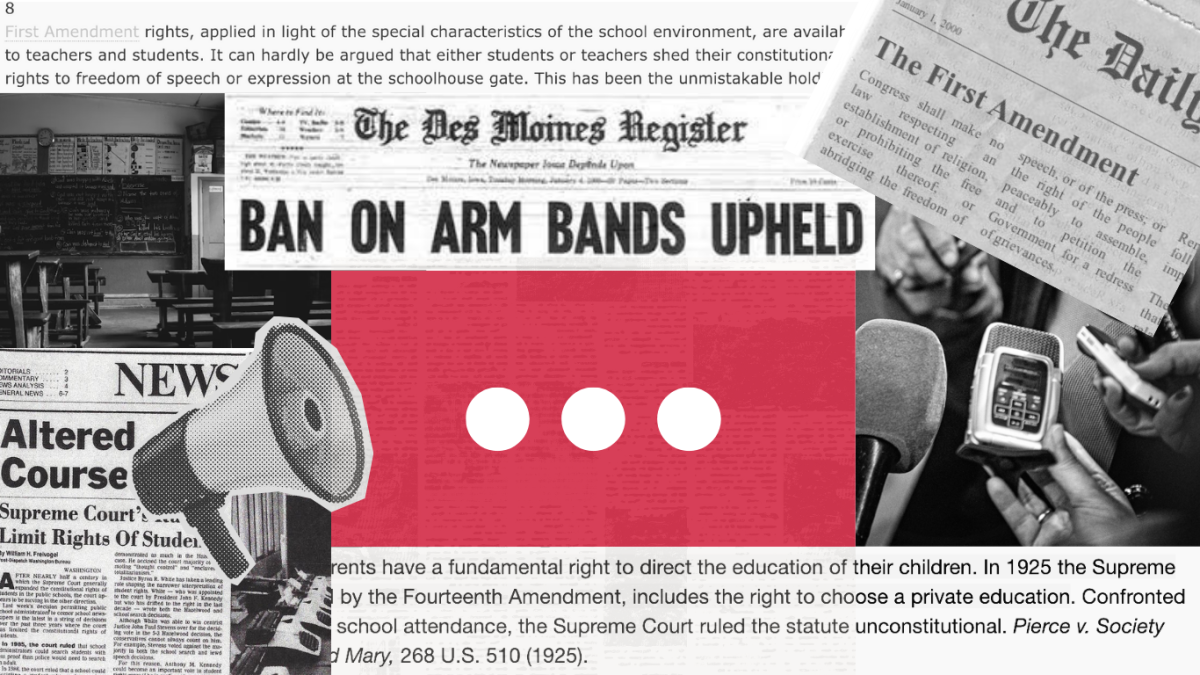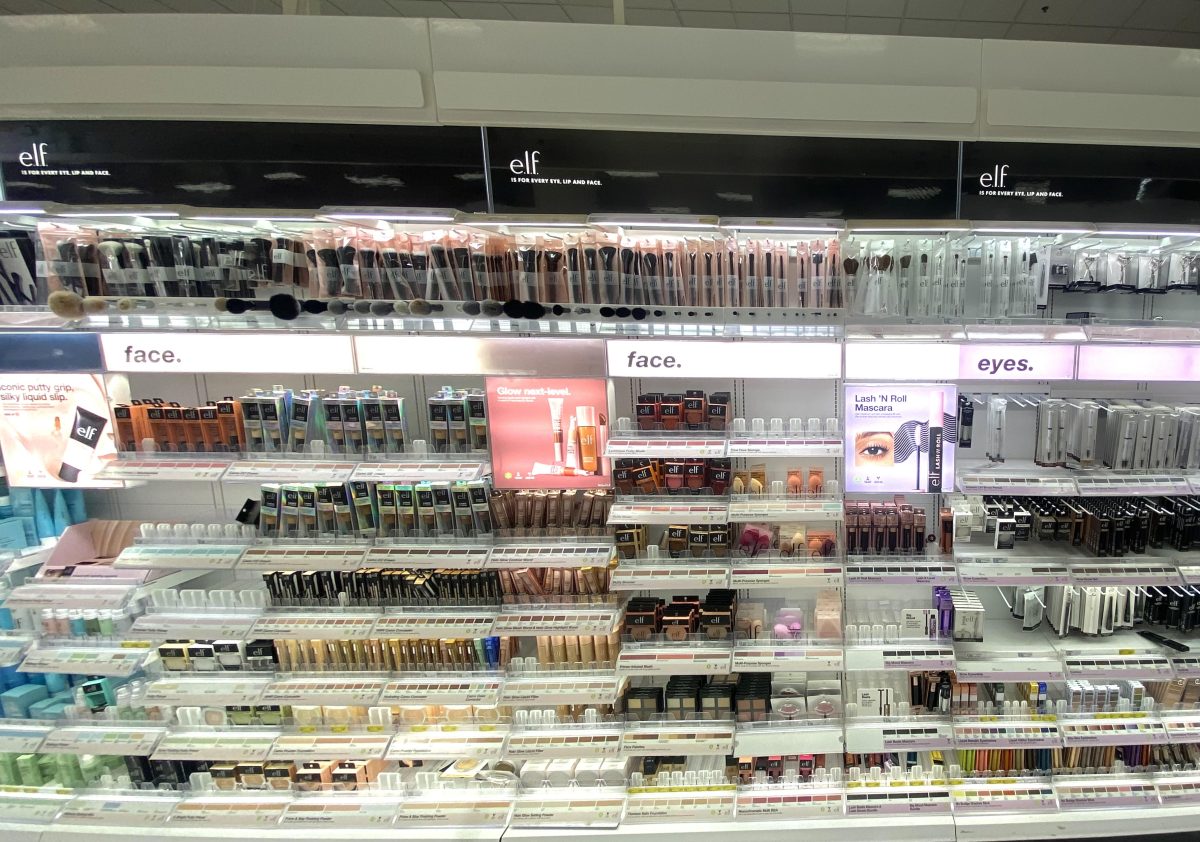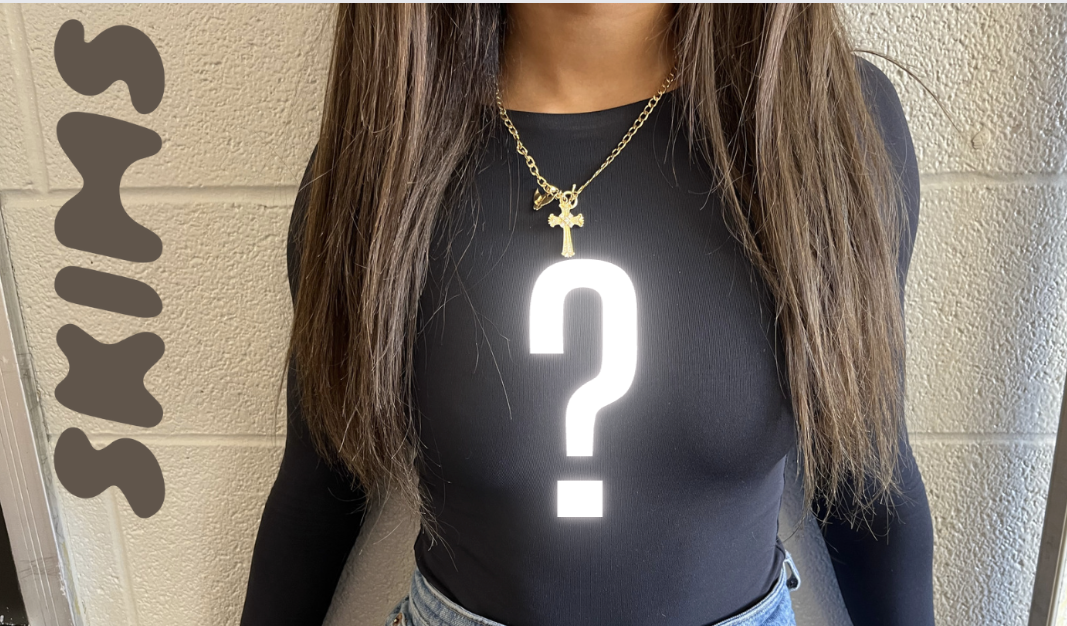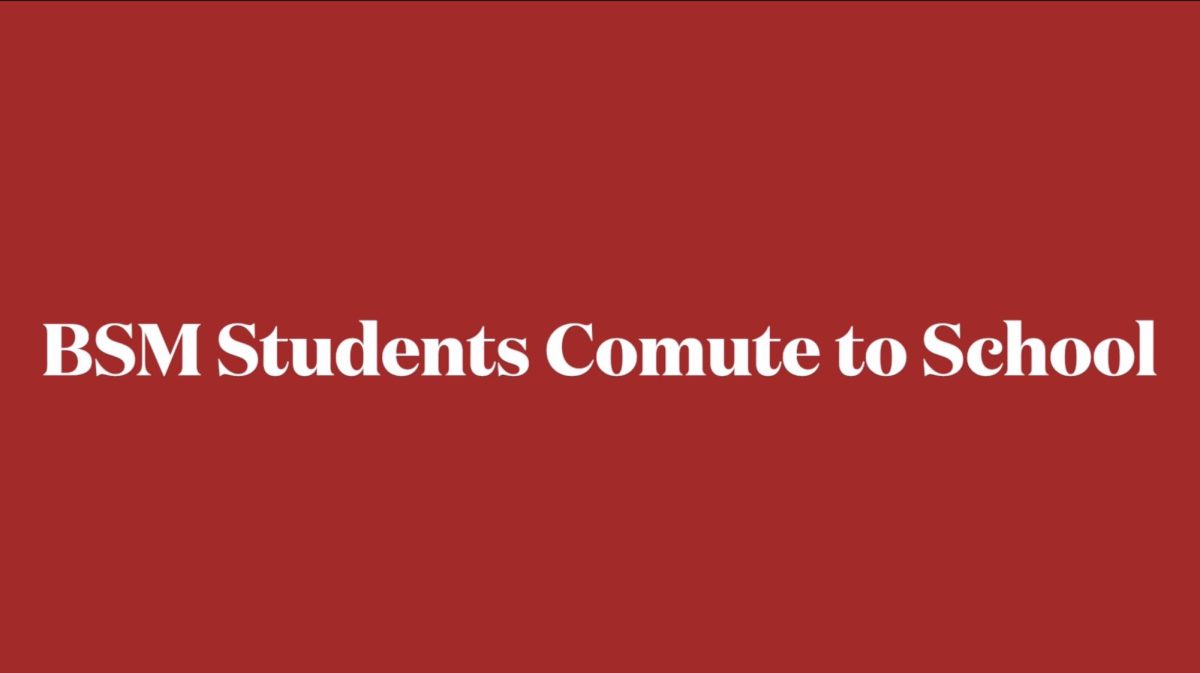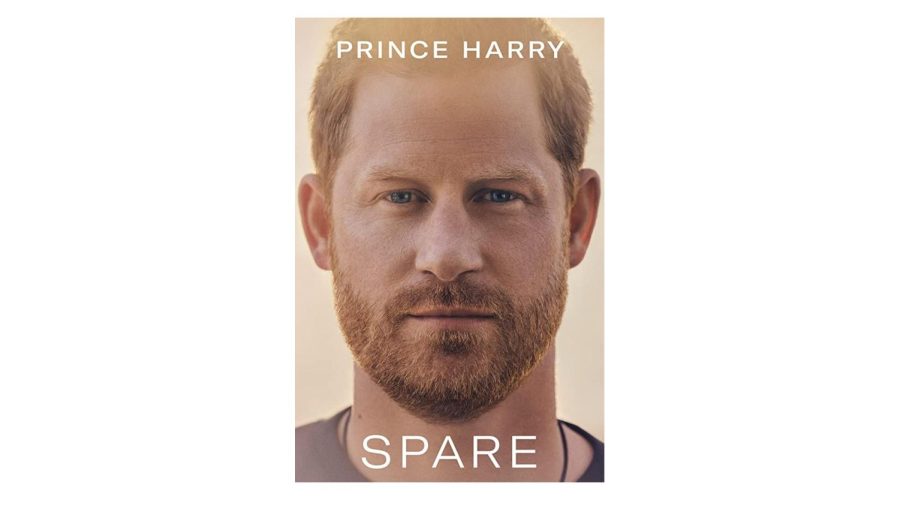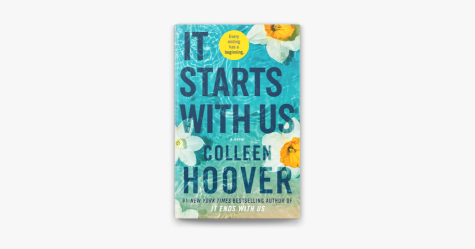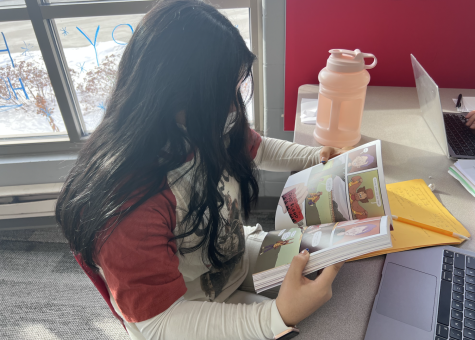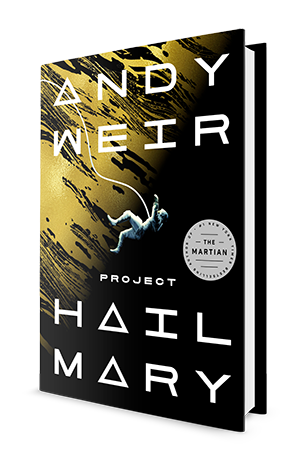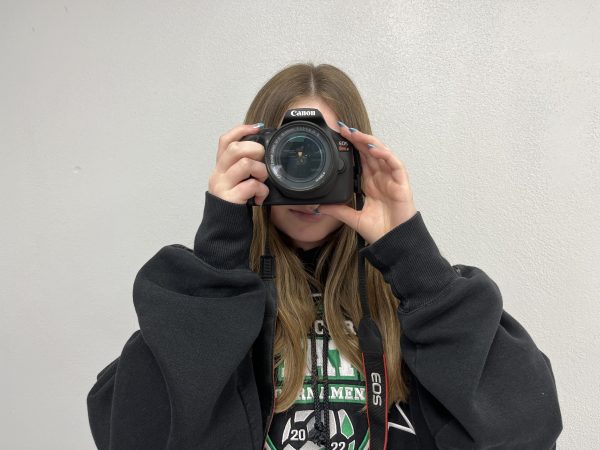Knight Reads: Spare
Prince Harry’s book has attracted a lot of media attention.
In almost every bookstore, Prince Harry’s face stares out at you from the cover of his new book, Spare. It’s garnered a lot of social media and news media coverage: some positive, some negative, some in between. I read all 416 pages of Spare so you don’t have to. You’re welcome.
Prince Harry’s ghostwriter, the renowned J.R. Moehringer, writes with a certain refreshing candor that made me feel like Harry wasn’t so different from the rest of us after all. His relationship with his brother, however, is decidedly very different from typical sibling relationships. He states directly that he’s always been considered a ‘backup’- able to donate blood, bone marrow, or whatever organs Prince William may need. He sees himself as a diversion, a way for the Palace to shift attention away from the Heir (a word he repeatedly uses to describe his brother). Throughout his childhood, the fact that he was considered second-best was apparently made abundantly clear to him. The title, Spare, is a nod to this.
Currently, the brothers’ relationship is strained. Towards the end of his book, Harry described an instance where William pushed him into a dog bowl and he cut his back. Most strikingly, however, he tells the world at large that he no longer believes his brother has his best interests at heart or wants him to be happy.
The whole time I was reading, I could pick out an underlying thread of rage towards the the paparazzi. Every aspect of his life, down to his relationships and emotions, is affected by paparazzi in some way. In many ways, this memoir is his response to the media. Harry often calls out specific journalists using less-than-flattering pseudonyms, like Tweedle Dumb and Tweedle Dumber. He also refutes specific stories in the tabloids, all of which the Palace did not let him respond to in the moment. Multiple girlfriends broke up with him because of the intense media coverage.
Not only did the tabloids and bloggers threaten his relationships, they endangered his safety numerous times. Harry’s deployment was delayed because insurgents in the area learned of his location from the British media. There were multiple instances where he had to be removed from the front lines because tabloids had unintentionally leaked his location to enemy forces.
He also blames the British media for the death of his mother, Princess Diana, who was killed in a car crash in 1997. Many of his memories of his mother involve the paparazzi in some way or another. He writes that one time, she had him and William fill up water balloons to throw at them; another, she stepped out of the car she was driving to scream at cars of paps for almost causing an accident.
Initially, after learning of his mother’s death, Harry believed that she had gone into hiding from the same paparazzi. The fact that she was actually dead did not sink in until many years later for him. He describes hiring a taxi and driving through the same tunnel she died in, at the same speed, over and over. Harry also looked at the police report filed for her death. While a member of his staff removed the more graphic photos before giving it to him, the lights from paparazzi cameras reflected on the surface of the car evoked a visceral reaction in him: he hadn’t known that the last thing his mother saw was a camera.
Much of his anger and grief over Diana’s death comes into play in his relationship with Meghan. Once the news of Harry and Meghan’s relationship hit the press, she was immediately hounded by tabloids. One of her neighbors attached cameras to their house that pointed directly at Meghan’s backyard. Harry also describes the racist death threats that Meghan and her family got after the news broke. Paparazzi even harassed Meghan’s mother, still in the United States, by often printing racist headlines about her. Although he was used to being attacked by the press, Harry wrote that this level of racism and hatred directed towards Meghan and her family was worse than anything he’d ever seen before.
Eventually, the constant and often violent intrusions into Meghan’s life drove her to thoughts of suicide. Harry remembers going to the opera with her and holding her hand while she sobbed in the dark because she didn’t feel safe enough to be alone. The parallels between her and Diana were obvious. For me, it made total sense that Harry would make the decisions he did.
I will say that I was surprised that he dedicated only about a third of the book to his departure from the royal family. He spent quite a lot of time on his military service, often describing technical parts of his training. To me, the controversy over ‘leaving’ felt like a natural conclusion, but one I would’ve liked to read more about. Much of what he wrote had already been reported, either from the famous Oprah interview or from other sources.
He does give us considerably more detail in Spare about how the Palace handled it. According to Harry, after releasing a statement, he and Meghan were brought into a meeting with members of the royal family and with their staff. They gave him a range of options, numbered one to five. One meant they pretended everything was normal and Harry and Meghan backed down. Five meant completely separating from the royal family. Harry said that the Palace pushed for either one or five, and that they only ever had those two options printed out.
In addition, the Palace took away his security earlier than expected, leaving his family (now including his children) at the mercy of the paparazzi. Harry and his family stayed at a friend’s house for a while, moving around a lot, and eventually settled at their current house.
All in all, Spare was an interesting read. I think a lot of it was what Prince Harry wishes he could’ve said to the paparazzi. He was direct, at times too much so, and for me it explained the rationale behind his decisions. There was so much information in it that it was almost impossible to keep up, and I often had to re-read sections. If you do decide to read it, please know that I could only describe it as a commitment.


